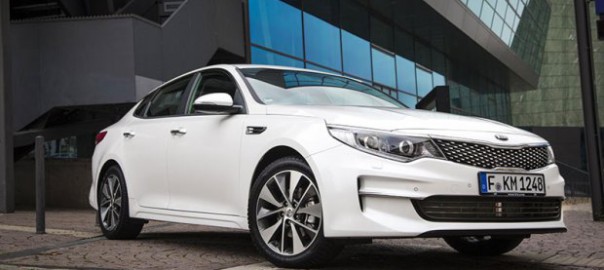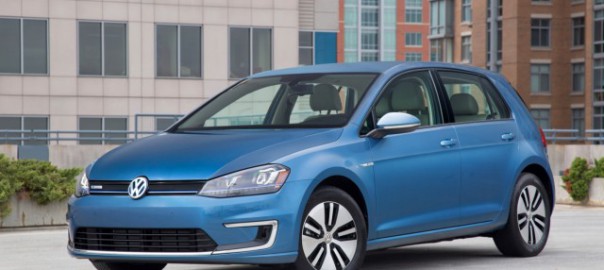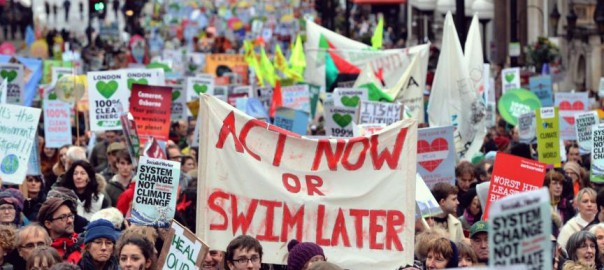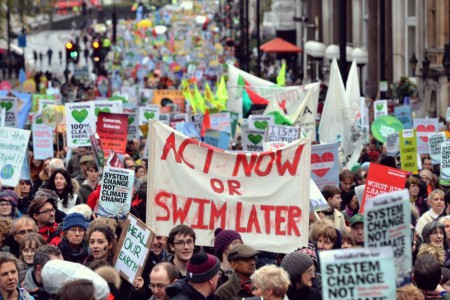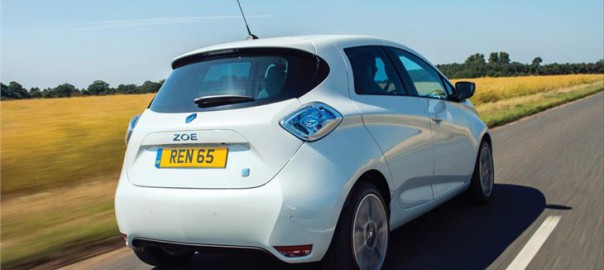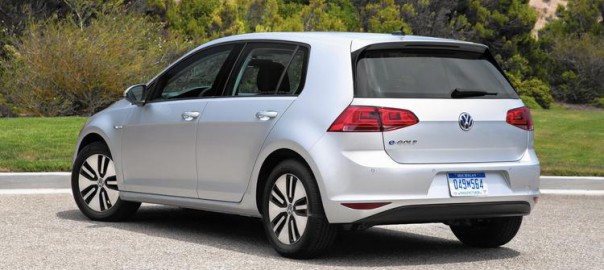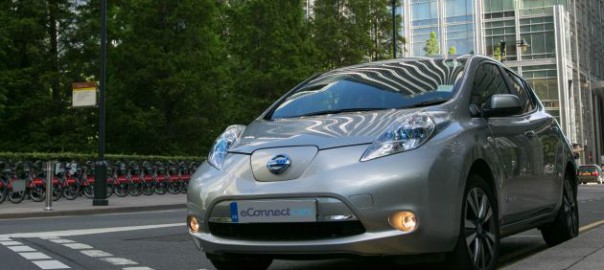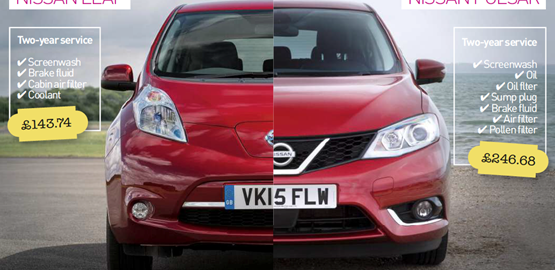Fleet and business users will be the target for Kia dealers as they open order books for the all-new D-segment Optima saloon. The diesel-engined version of the all-new Optima goes on sale at prices from £21,495-£28,895 in January and will joined later in the year by the brand’s first plug-in petrol-electric hybrid (PHEV) to be sold in Europe.

The latest Optima offers sharper styling, higher quality, new technology and significantly better economics, with fuel efficiency improved by up to 25% along with substantial reductions in CO2 emissions.
All launch versions of the car use the 1.7-litre CRDi turbodiesel engine which has had its power increased by five horsepower to 141PS. Torque gains are higher, a 15Nm increase to 340Nm and available at a lower 1750rpm.
The Optima PHEV will feature a 9.8 kWh lithium-polymer battery back, paired with a 50 kW electric motor and 2.0-litre GDI petrol engine. Kia is claiming a 27 mile range on electric charge alone.
Kia said the PHEV would deliver a combined fuel figure of 119mpg with engineers targeting 48mpg combined in charge-sustaining mode. Charging times range from less than three hours at a 240V Level 2 charging station or nine hours from a standard 120V power outlet.
Read more: MotorTrader
